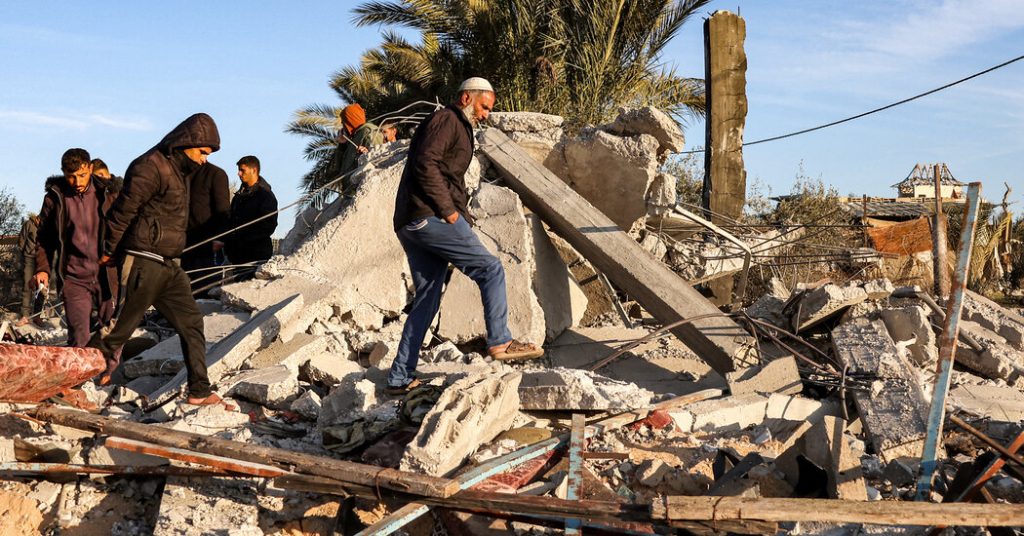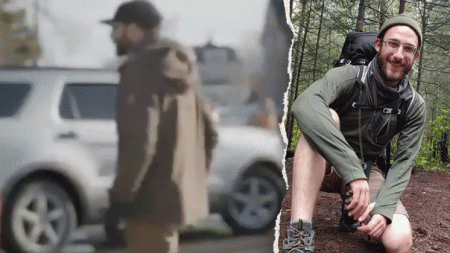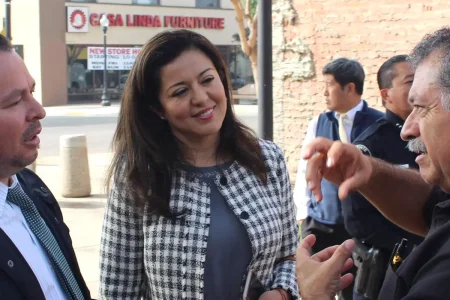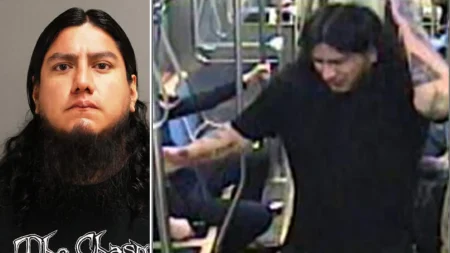It seems that today’s headlines are full of high-stakes negotiations, historic moments, and cultural snapshots that remind us of the fascinating and complex world we live in. Let’s take a journey through these major stories, weaving them into a cohesive narrative that feels personal, approachable, and humanized.
Edge of Peace: Israel and Hamas Near a Cease-Fire
In a significant development, U.S. Secretary of State Antony Blinken said yesterday that a cease-fire agreement between Israel and Hamas in Gaza is closer than ever. There’s a certain tenderness in his words: “It’s closer than it’s ever been before,” he shared, adding a cautious note that negotiations hinge on Hamas’s final approval. “Right now, as we sit here, we await final word… And until we get that word, we will remain on the brink.”
The proposed deal, according to insiders, outlines a delicate balance—hostages in Gaza would be released in exchange for Palestinian prisoners. Meanwhile, Israeli troops are expected to begin withdrawing from certain positions in Gaza. These details, though not yet officially confirmed by either side, feel like hope hanging in the balance. Negotiators seem optimistic, describing both parties as “locked in” on the agreement.
Yet, the long shadow of war hangs heavily over Gaza. A recent analysis in The Lancet found that Palestinian deaths from traumatic injuries in the first nine months of the conflict may have been undercounted by as much as 40 percent. If the cease-fire holds, it could mean a fragile victory for diplomacy—for now. But beneath the surface, wounds remain, a reminder of the human cost of prolonged violence.
Political Turmoil in South Korea: A President in Custody
Shifting gears to Asia, South Korea finds itself in an unprecedented political drama. For the first time in the country’s history, a sitting president, Yoon Suk Yeol, has been detained by criminal investigators. Facing serious accusations of insurrection tied to a brief declaration of martial law last month, Yoon struck a deal to submit to questioning to avoid a violent showdown between his security detail and the police.
In a video message, Yoon framed his decision as one of peace—an effort to prevent a “bloody” confrontation—but he vehemently rejected the legitimacy of the investigation. He’s walking a tightrope, fighting for his political life on two fronts: investigators have just 48 hours to interrogate him before deciding whether to seek formal arrest, while the Constitutional Court debates the validity of his impeachment. This moment feels less like straightforward politics and more like a Shakespearean play, one where the stakes could reshape South Korea’s democracy and leadership for years to come.
Delicate Tensions: Hegseth’s Confirmation Fight
Meanwhile, back in the U.S., the confirmation hearing for Pete Hegseth, Donald Trump’s controversial choice for defense secretary, has set off battles of its own. If confirmed, Hegseth would oversee the Pentagon, a colossal institution with three million employees and an $849 billion budget. But the road to confirmation is anything but smooth.
During his hearing, Hegseth faced intense scrutiny, particularly from Senate Democrats, over past allegations of sexual misconduct and issues with drinking habits. These aren’t small accusations—they’re marks that call into question his ability to lead one of the most critical departments in the government. Critics also pressed him on years of disparaging comments about women in the military, painting a picture of a leader whose values may not align with the diverse institution he seeks to head.
While Republicans have largely rallied around him, it’s unclear whether Hegseth has the votes. If Senate Democrats stay united in opposition, he’ll need support from at least 50 out of 53 Republican senators to secure confirmation. This high-stakes decision has the political world holding its breath. And in a separate corner of Trump’s legacy, a new special counsel report quietly offers fresh insights into his attempts to overturn the 2020 election—a vivid backdrop to these ongoing power struggles.
Faith and Politics at India’s Maha Kumbh Mela
Thousands of miles away, the bustling banks of the Ganges and Yamuna rivers in India are about to host one of the world’s largest gatherings: the Maha Kumbh Mela festival. Expected to draw a staggering 400 million Hindu pilgrims, the ceremonial baths and religious prayers hold deep meaning. Yet, the festival is no longer just a religious event—it’s also a key political stage.
For Prime Minister Narendra Modi, the Mela offers a golden opportunity to rally support for his right-wing Bharatiya Janata Party (BJP). By blending faith with politics, Modi hopes to further solidify his base. But critics warn that these overlaps raise questions about the intertwining of spirituality and governance in a nation where secularism remains a constitutional ideal.
The event serves as a poignant reminder of how cultural traditions can evolve into platforms for political expression—sometimes in ways that unify, and at other times in ways that divide.
All-Night Dinners: The Heartbeat of a City That Rarely Sleeps
Now, let’s take a step away from the heavy headlines and wander into a less contentious, but no less poignant, space—New York City’s legendary all-night diners. These 24-hour sanctuaries have long been beloved for their welcoming, come-as-you-are vibe. But times are changing.
In a recent feature, Priya Krishna from The New York Times chronicled a night spent at Kellogg’s Diner in Williamsburg, Brooklyn. From 8 p.m. to 8 a.m., Krishna immersed herself in the magic of pecan pie at odd hours and the comfort of Michael Jackson’s “Thriller” on loop. Her night at the diner felt like a meditation on belonging, a tender ode to spaces that offer unconditional acceptance.
But all-night diners are disappearing. Rising costs and shifts in lifestyle habits are forcing many to turn off their neon lights for good. And so, Krishna’s story is both a celebration of what remains and a lament for what’s slipping away—a nostalgic nod to a cherished piece of New York’s culture.
A World at Crossroads
As these stories unfold, they remind us of the complexity of the world we inhabit. From the tenuous threads of peace between Israel and Hamas, to a South Korean president under fire, to the charged confirmation of Pete Hegseth, the world’s halls of power are alive with tension. And yet, in India’s riverbanks or Brooklyn’s diners, we see other narratives—ones that speak to resilience, tradition, and our enduring need for community, whether through faith or shared meals at midnight.
These moments are snapshots of a global narrative that never stops evolving. Sometimes it’s historical, sometimes political, and sometimes it’s as simple as the slice of pie in a diner that stays open through the night. But together, they tell the story of who we are and where we’re heading.










